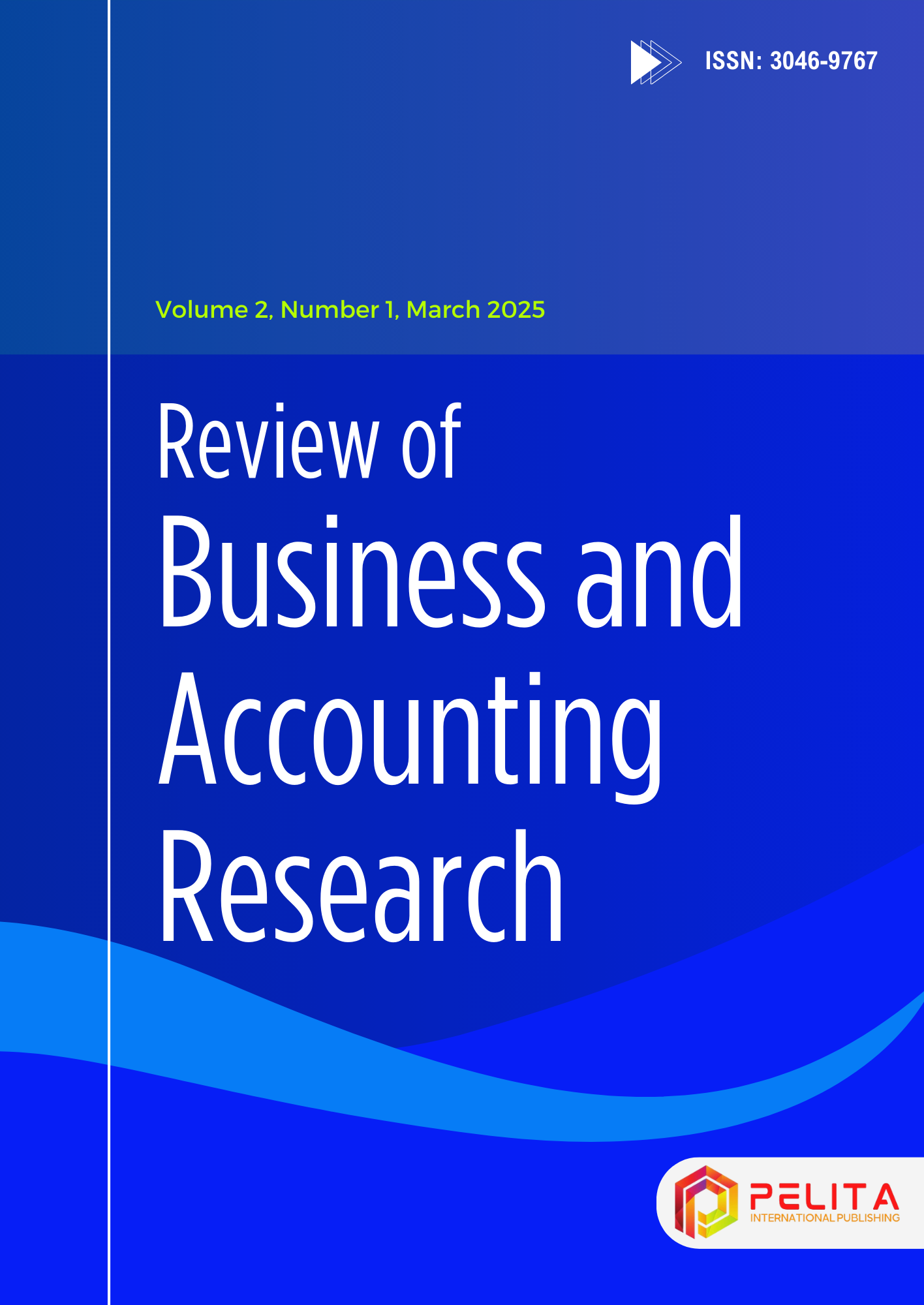
Understanding undergraduate students’ adoption of QRIS: The role of benefits, risks, and convenience
DOI:
10.62941/rbar.v2i1.95Downloads
Abstract
This study explores undergraduate students' adoption of the Quick Response Indonesian Standard (QRIS) for cashless transactions by examining the role of benefits, risks, and convenience. Conducted at the Faculty of Economics and Business, Universitas Samudra, the research involved 659 students from the 2020, 2021, and 2022 cohorts, with a final sample of 248 respondents selected using proportional stratified random sampling. Data were analyzed using multiple regression analysis. The findings reveal that benefits, risks, and convenience significantly influence students' adoption of QRIS, both individually and collectively. The coefficient of determination indicates that these three factors explain 5.8% of the variance in adoption behavior. These results highlight the importance of enhancing perceived benefits, mitigating potential risks, and improving ease of use to promote wider adoption of QRIS among undergraduate students.
Keywords:
Undergraduate students benefits risks convenience QRIS adoption cashless transactionsLicense
Copyright (c) 2025 Muhammad Irvan, Meutia Dewi, Dias Setianingsih

This work is licensed under a Creative Commons Attribution 4.0 International License.










